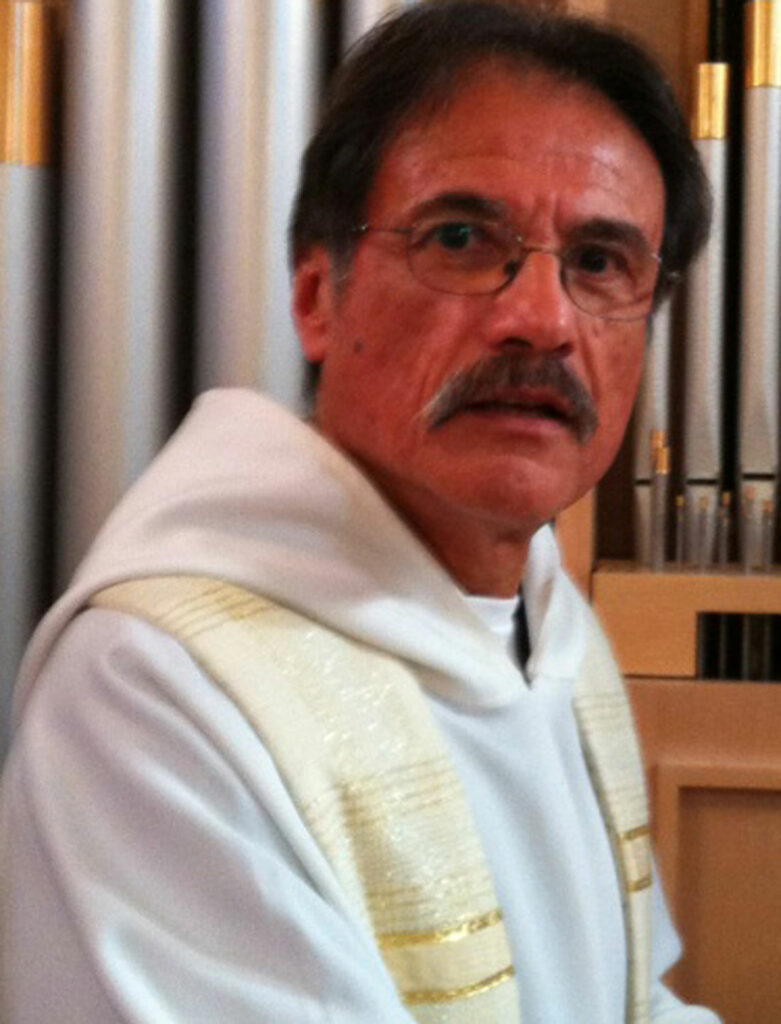I like etymologies, the origin of words. I like to play with words, especially in different languages. I think we often use words without really thinking about what they really mean and what they imply. “Thanks” is one of those words.
In English, the word is thank, related to the word think. It comes from the PIE (Primitive Indo-European) tong, which is the root of both thank and think. It is like the German danken (thank), denken (think), and gedenken (remember). When I say, “Thank you,” I mean, in part, “I will think about what you have done for me; I will remember the good you have done.”

In Spanish, it’s gracias, related to the word gratis, free. What you did was free, an unmerited favor, from the Latin favere, to show kindness. The Italian is almost the same word, grazie. When I say, “Gracias,” I mean, in part, “This was free. I did nothing to deserve it; I did not earn it.”
In Tagalog, the word is salamat, from the Arabic, salam, which means peace. So, we think and remember that it was free and so we are at peace. How can we be angry after this free gift? To be thankful to someone means to be at peace.
In Portuguese the word is obrigado, from the Latin, ob ligare, to bind, to obligate. It is like the English phrase, much obliged. We are bound; we are obligated to each other; we have established a bond, a connection. Because I think of what I have freely received, I am at peace and I obligate myself to do likewise, to the person who has given me this favor and to others as well.
All of this in one word. And, if I knew other languages, I am sure there would be other nuances, especially with non-Indo-European languages. No one language captures it all, we need our languages, we need each other, we need other people.
This coming week, we celebrate Thanksgiving Day. We give, “Thanks.” We think, we remember our history as a country. We think of the good and sometimes of the pain. We remember the indigenous peoples, driven from their lands, killed. We remember that Abraham Lincoln’s first proclamation of Thanksgiving Day never mentions the indigenous peoples of this country.
We say, “Gracias.” There is so much that we have freely received, undeservedly: life, family, friends, community, health, home, and so much more. We say, “Salamat.” We need to commit ourselves to peace. There is so much anger and rancor in our country. We need peace and acceptance; we need to be civil to one another. And we say, “Obrigado.” We are obligated, we obligate ourselves to be accepting of immigrants, refugees, mentally ill, the unemployed, the homeless.
And we give; it’s thanks giving not thanks taking. But we may think, they don’t deserve this, no, they don’t, nobody does. We don’t, we didn’t earn life, health, family, friends. All we can do is give thanks.
Father Jose Rubio is the Retired in Residence pastor of St. Mary’s Catholic Parish in Gilroy. He is one of the original members of the Interfaith Clergy Alliance of South County. Father Jose can be reached at jo********@*sj.org.








